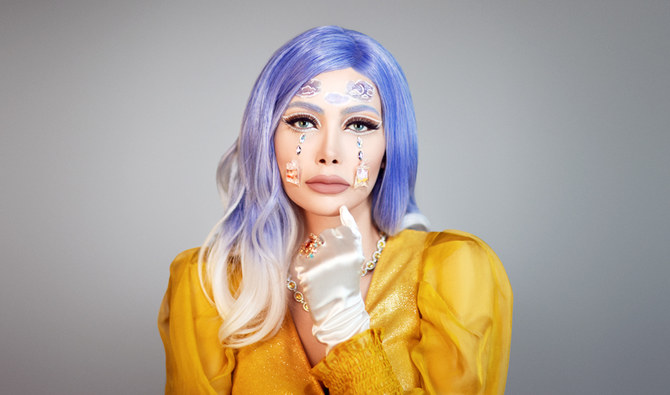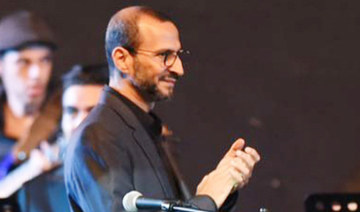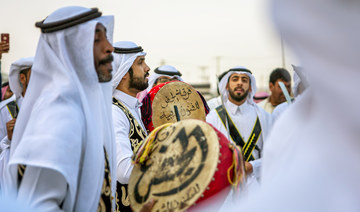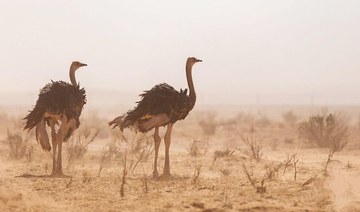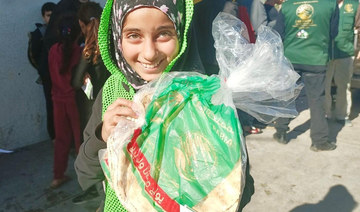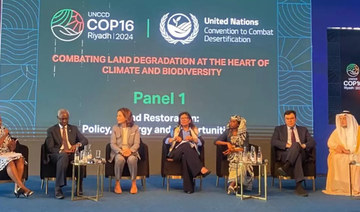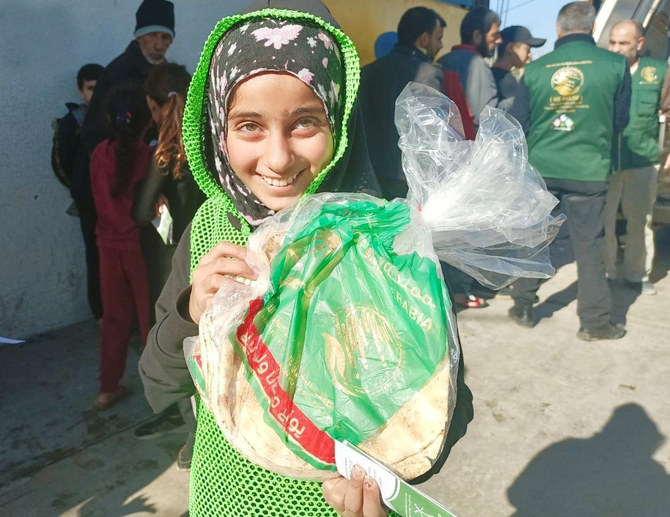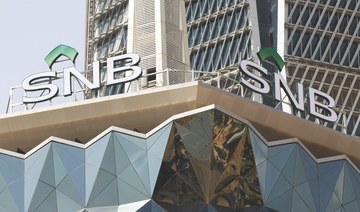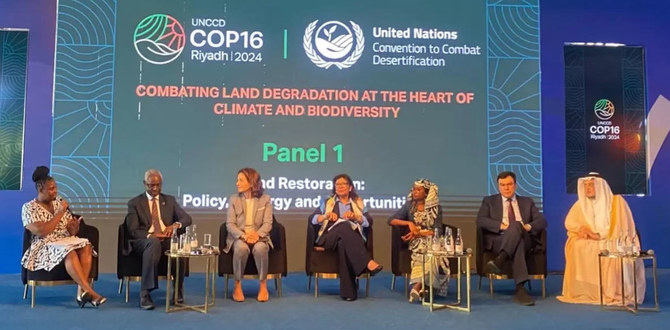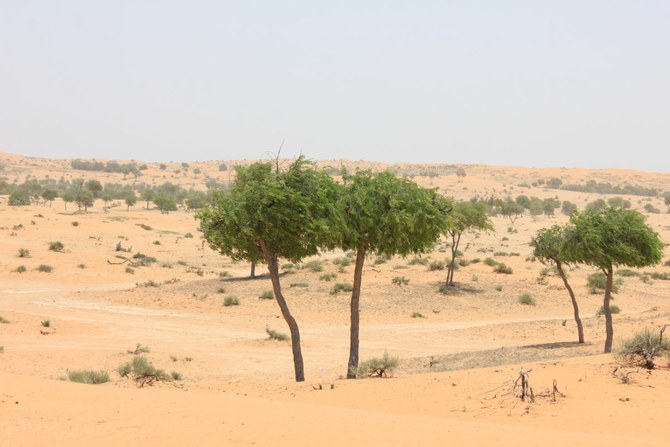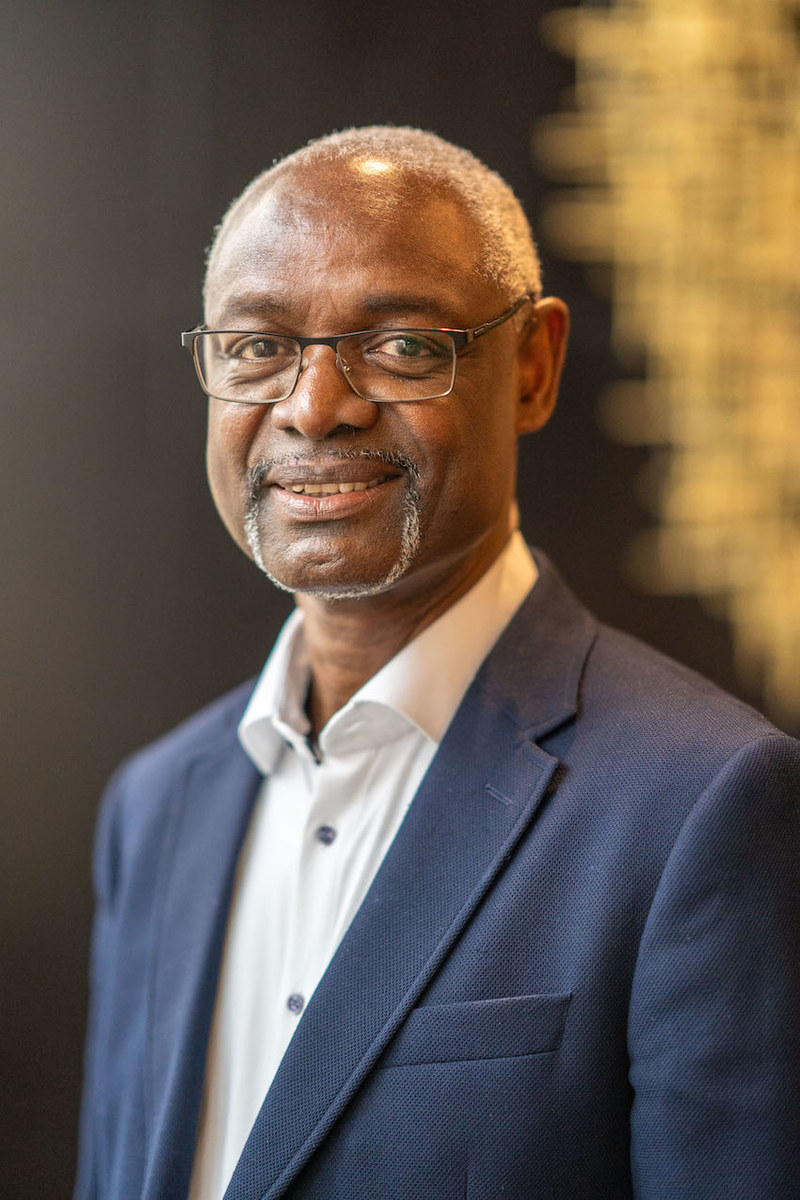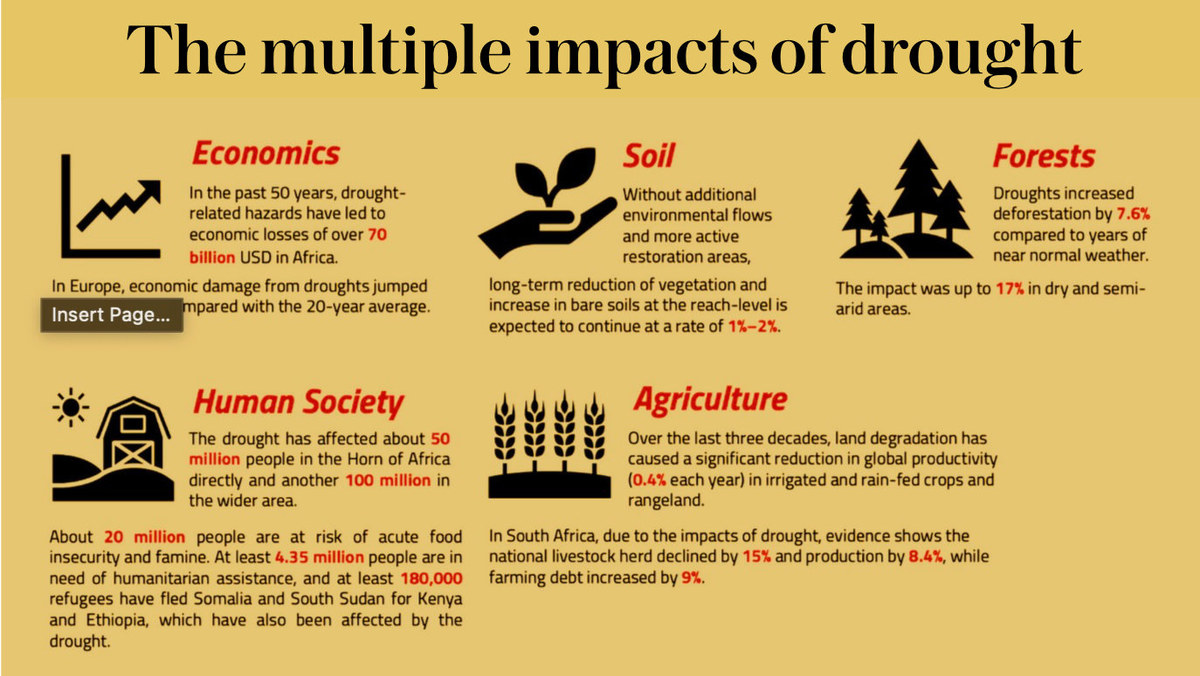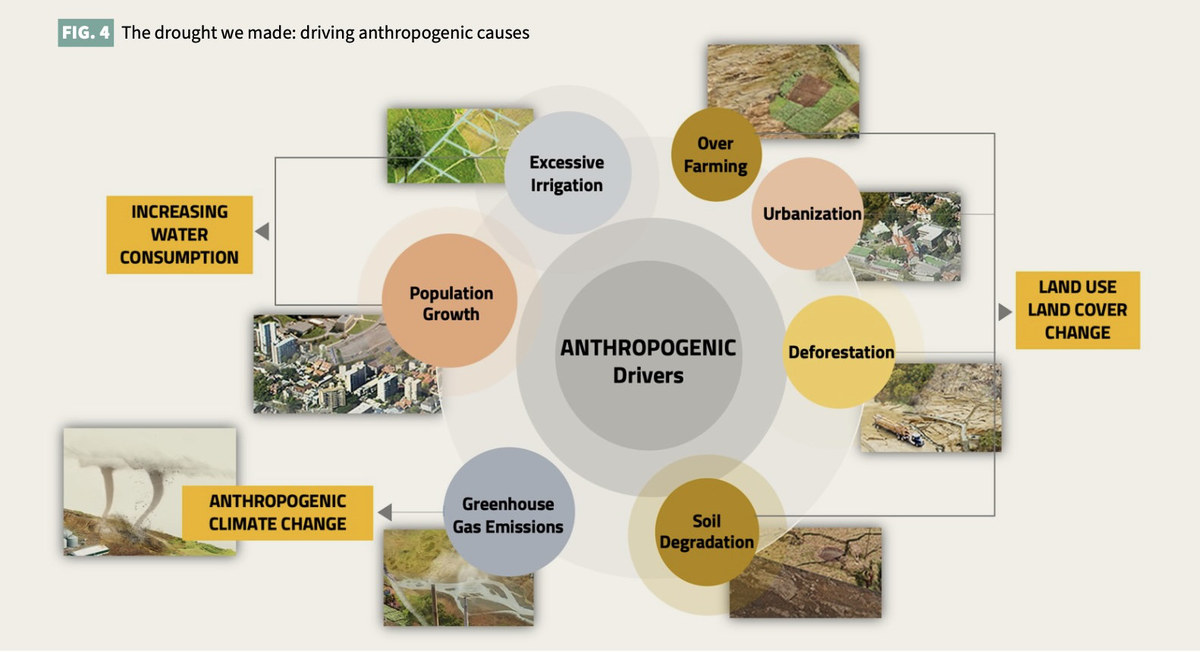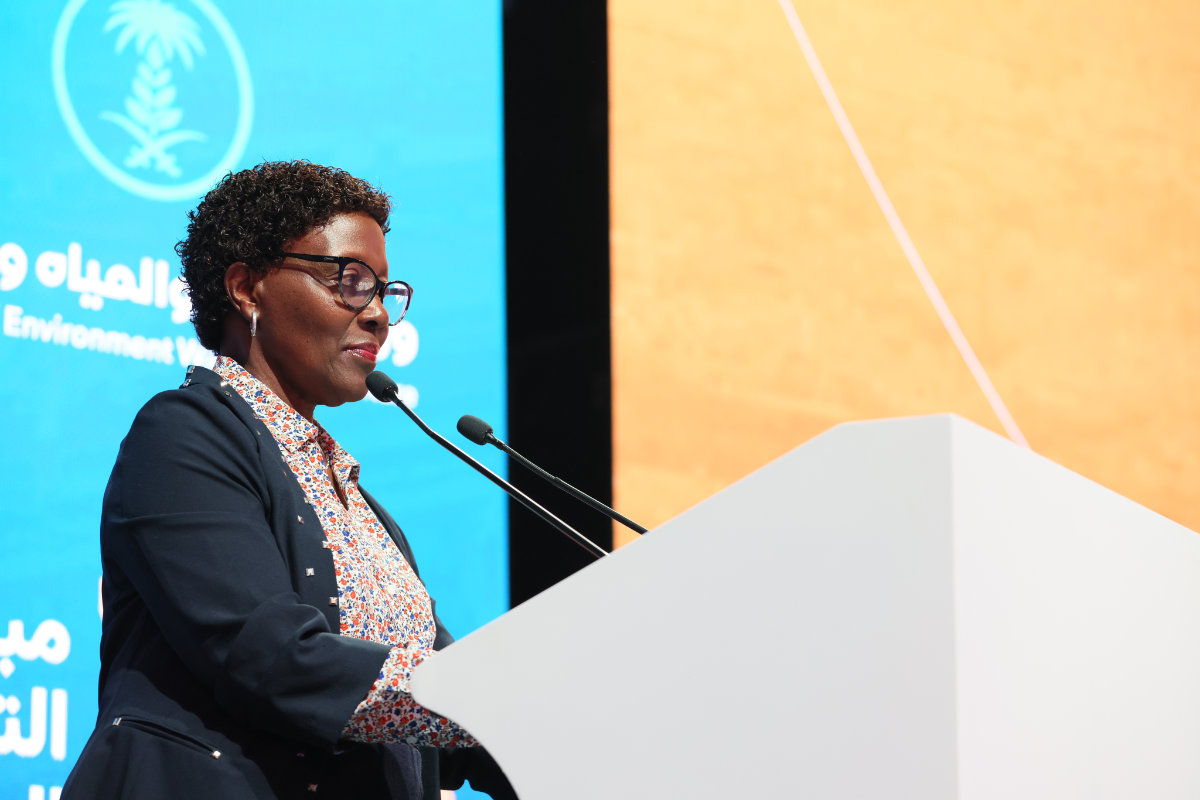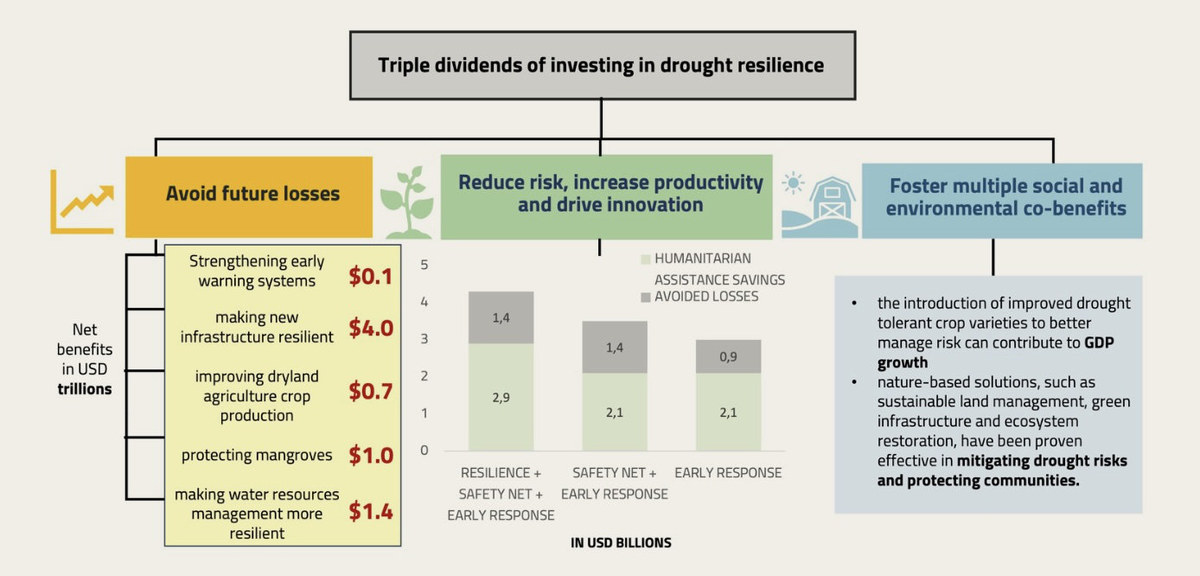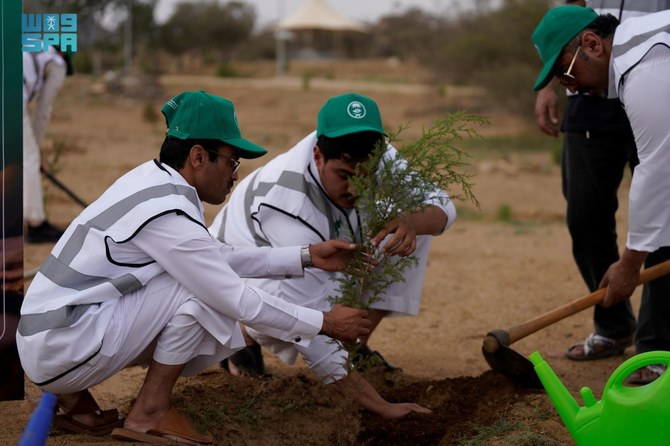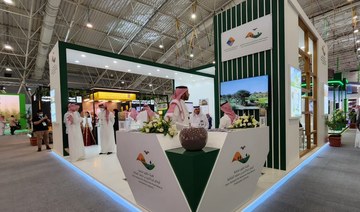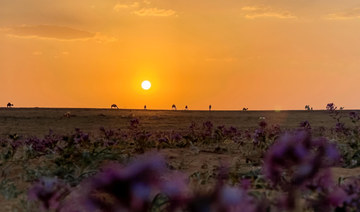JEDDAH: The faces in the photographs are familiar and the poses instantly recognizable: The iconic fashions of Marilyn Monroe. The sophisticated style of Audrey Hepburn. The chessboard chic of Beth Harman, as portrayed by Anya Taylor-Joy in the Netflix TV drama “The Queen’s Gambit.”
But look a little closer and there is a twist; these are not archive photos of celebrities but the work of Saudi avant-garde makeup artist Salwa Koshak.
Armed with her mastery of creative makeup techniques, along with a few accessories such as wigs, beads and stickers, there is no limit to the real or fictional figures she can transform herself into.
In makeup terms, avant-garde refers to an extreme and expressive form of cosmetic art that embraces fantasy and imagination.
For Koshak, this means drawing on her love of all things retro and vintage, including celebrity culture and style, but also more modern inspirations.
In addition to recreating the looks and styles of actors such as Monroe and Hepburn, pop stars such as David Bowie and Cher, and even Disney characters such as Belle from “Beauty and the Beast,” the 33-year-old also creates unique makeup themes based on video games such as Pac-Man, movies such as “Star Wars,” and special occasions such as Valentine’s Day.
The Saudi creative now lives in Jeddah but spent most of her youth, from elementary school through to high school, in Orlando, Florida. She grew up there inspired by the entertainment offered by theme parks such as Disney World, Universal Studios and Sea World.
“There were so many different creative and imaginative places to go to,” Koshak told Arab News.
“I was always into makeup, styling, costumes, and I see fashion as a representation of something.
“Although we have so many media, such as radio and television, I think the biggest medium is a person — a person and who they are, their personality, their body and how their body is used to share stories and ideas. I think a person can do that more so than just an artwork or just a TV show and so on.”
During a 10-year career in public relations and marketing Koshak has worked with many photographers, fashion models and businesses that collaborate with makeup artists. She said she herself was offered the chance to work as a model in her early teenage years, while living in the US, but turned it down.
“Modeling alone wasn’t really my passion,” she said.
“I like to represent ideas and I want to have more control over the image I want to create.
You can make anything fun or beautiful, and make anything with the tools that we have: Editing tools, makeup, fabrics — all of these things do tell a story.
Salwa Koshak
“I like to draw and put things on my face: Beads, stickers, dolls — whatever I can do to get a theme out that I’m trying to share.”
Koshak said that while the fashion and beauty industries have always pressured women to look a certain way, she wants to teach women that they can have fun with makeup rather than worry about whether or not they are more or less attractive without it.
“Coming from a person who has worked in media and marketing for a long time, I think showing people (that) you can look like anything you want, that (makeup products are) just tools (so) don’t take it seriously, and (that) no one really does look like that, that’s the biggest thing I want to give out,” she said.
“I want to make sure it is positive and people see that this is just art, that makeup can be removed, it’s not something that you need, it’s not something you have to look like, and you yourself, with a little bit of dreaming and a (few) tools, can look like anyone you want to look like.”
The COVID-19 crisis turned out to be an opportunity for Koshak that motivated her to pursue her art.
HIGHLIGHTS
• In makeup terms, avant-garde refers to an extreme and expressive form of cosmetic art that embraces fantasy and imagination. • For Saudi makeup artist Salwa Koshak, this means drawing on her love of all things retro and vintage, including celebrity culture and style, but also more modern inspirations.
“It all started during the pandemic and being at home,” she said.
“The last job I held was at Dar Al-Hekma University, where I worked as the marketing director and also taught brand management strategy in the marketing department.
“That was the last full-time position I held, and after that I did take a break to really think about what I wanted. To be honest, after being in a corporate environment — which I’ve been in for a long time — I got tired of the routine, and the expression of ideas is mostly in writing and strategies rather than creativity and art.”
So during the lockdowns last year she began to create and develop her avant-garde makeup skills, publishing the results on social media.
Along the way she invested in equipment and learned new skills to ensure the best possible showcase for her work. For example, she developed her knowledge of Photoshop and other editing software so that she can have total control of her art.
She said she does not want to have to rely on anyone else to create content that breaks the rules and shows you do not have to be a “fashionista” to look great, or conform to traditional ideas of glamour and beauty all the time.
“You can make anything fun or beautiful, and make anything with the tools that we have: Editing tools, makeup, fabrics — all of these things do tell a story,” said Koshak.
She added that she thinks of her work as a kind of a social commentary about how beauty and makeup and social media are evolving, in some ways, to become more of a hobby showcase and a way for people to share their talents and the things they are passionate about, rather than just showing off for the sake of it.
“When you show off your talent and the things you love, I think it’s very different,” Koshak said. “You get a support team, a community, and you meet a lot of people that think like you and want to work in the same field.
“I’m not that young, that’s why I couldn’t switch careers at the last minute, but you can’t keep doing something you don’t love, and do it forever.”
Describing herself as a “big history buff,” Koshak, said she likes to study how looks and styles have evolved and changed through the decades and enjoys recreating old looks, from the 1920s through to the 1990s.
She added that many of these styles are iconic and helped define the societies of the times, and so anyone with an interest in fashion and art must also love history and do a lot of reading. The clothes that people wore in different eras, together with their hairstyles and makeup, is part of the “social commentary” of those times, she added.
Koshak said she plans to launch a YouTube channel, not necessarily to give makeup tutorials as such, but to offer insights into her art, how it is inspired by history and how she goes about creating her looks.
“My YouTube channel will be about explaining history, makeup, art and beauty,” she said. “It’s my dream to create video content that is entertaining, fun and informative. I love teaching — I want to share all the information that I can to teach others to create.”







